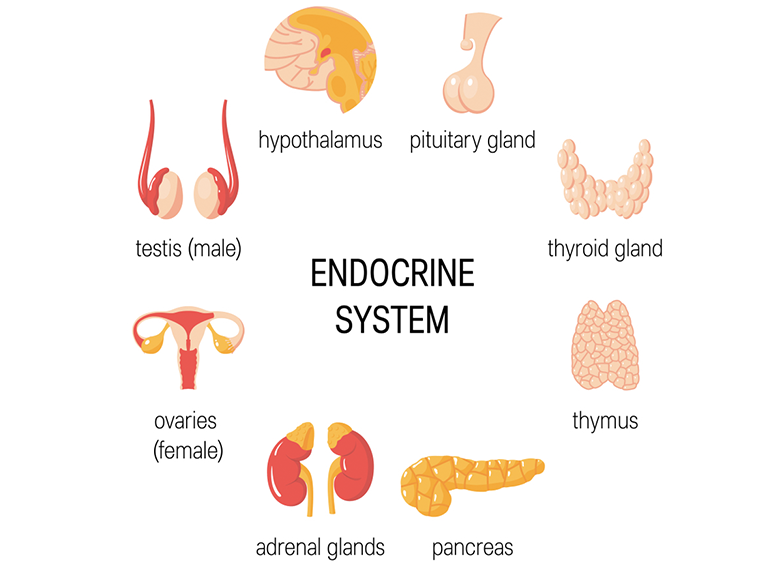Endocrinology
- Sarah Kamara
- Aug 4, 2025
- 2 min read
By: Sarah Kamara
At just 16 years old, Maya felt like her body had turned against her: sudden weight gain, extreme fatigue, and a deep sadness she couldn’t explain. After months of confusion, an endocrinologist diagnosed her with hypothyroidism, a hormone disorder affecting her metabolism and mood. With right treatment and guidance, Maya reclaimed her health and confidence. Stories like hers remind us of a power impact endocrinologist have. Not just in treating disease, but in giving people their lives back.

Endocrinology is a specialized branch of medicine focused on the endocrine system, which includes glands and hormones that regulate many of the body’s essential functions, including metabolism, reproduction, growth and mood. Endocrinologists are highly trained medical doctors who diagnose, treat, and mange disorders that result from hormonal imbalances. Their work is critical in a world where chronic illnesses are on the rise and often linked to underlying hormonal issues.

One of the most common conditions treated by endocrinologists is diabetes. According to the Centers for Disease Control and Prevention, over 38 million Americans have diabetes, a disease caused by the body’s inability to produce or effectively use insulin. Endocrinologists help patients manage this condition through personalized treatment plans, insulin therapy, and lifestyle guidance. Their interventions prevent complications such as heart disease, kidney damage, and nerve issues, ultimately saving lives and reducing long-term healthcare costs.
Beyond diabetes, endocrinologists treat thyroid disorders, like hyperthyroidism and weight changes, and mood disturbances. They also help children with growth disorders, women with polycystic ovary syndrome (PCOS), and individuals facing infertility due to hormonal imbalances. These doctors often serve as a key of unlocking a better quality of life for people who have spent years searching for answers.

Endocrinologists also contribute to the advancement of medical science. Through research and trials, they help develop better hormone therapy, new medications, and more effective treatment approaches. Their research supports by identifying how factors such as diet, genetics and environmental toxins influence endocrine disorders.
In a rapidly changing healthcare landscape, the role of the endocrinologist is more important than ever. As chronic hormone-related conditions continue to increase, these specialists bring hope, healing and clarity to those who suffer silently. By restoring balance to the body, endocrinologists help patients reclaim control over their lives, which makes this profession not just a career in medicine but a calling to serve humanity.
Work Cited
CDC. “Division of Diabetes Translation.” Center for Disease Control and Prevention, 2019, www.cdc.gov/diabetes/index.html.
CDC. “National Diabetes Statistics Report.” Centers for Disease Control and Prevention, 15 May 2024, www.cdc.gov/diabetes/php/data-research/index.html.
“All about Nutrition and Obesity.” American Association of Clinical Endocrinology, www.aace.com/disease-and-conditions/nutrition-and-obesity.



Comments